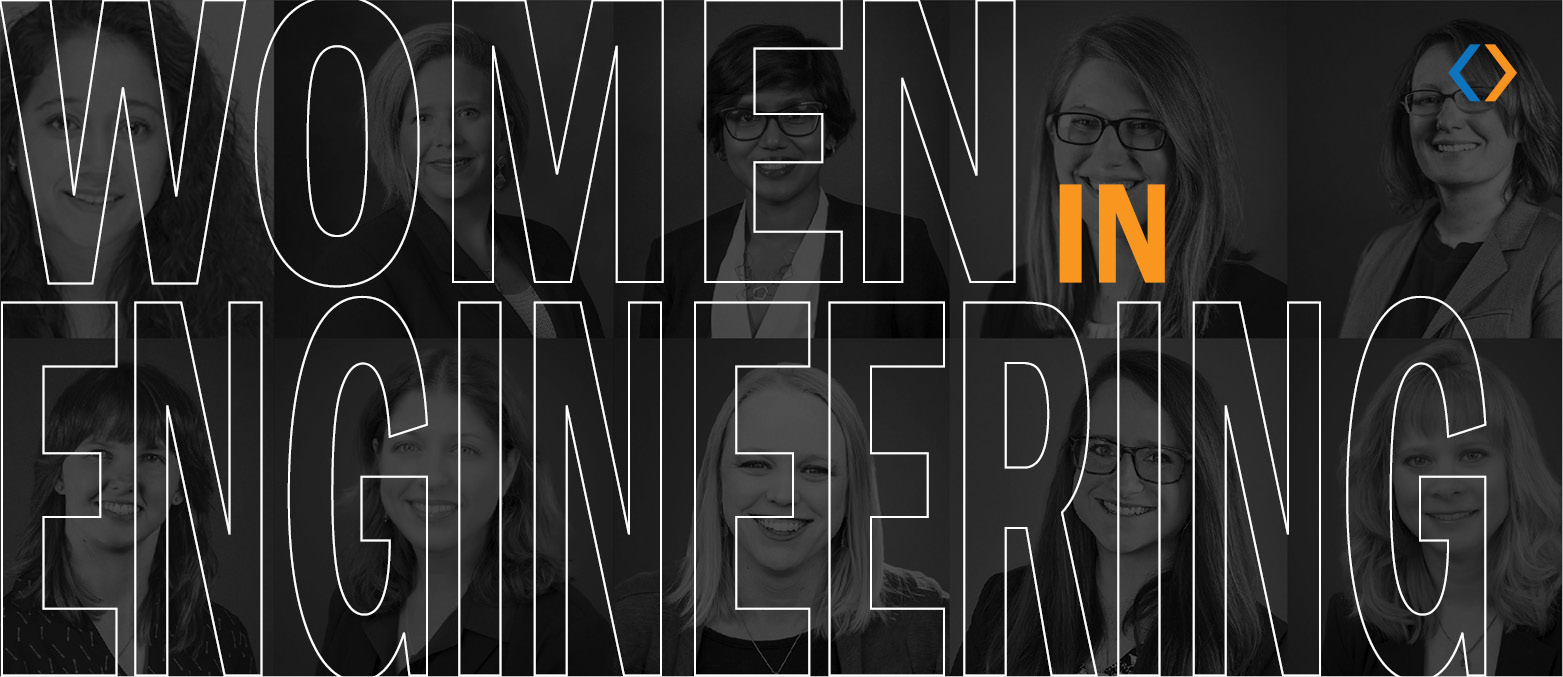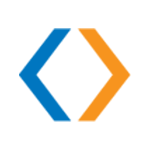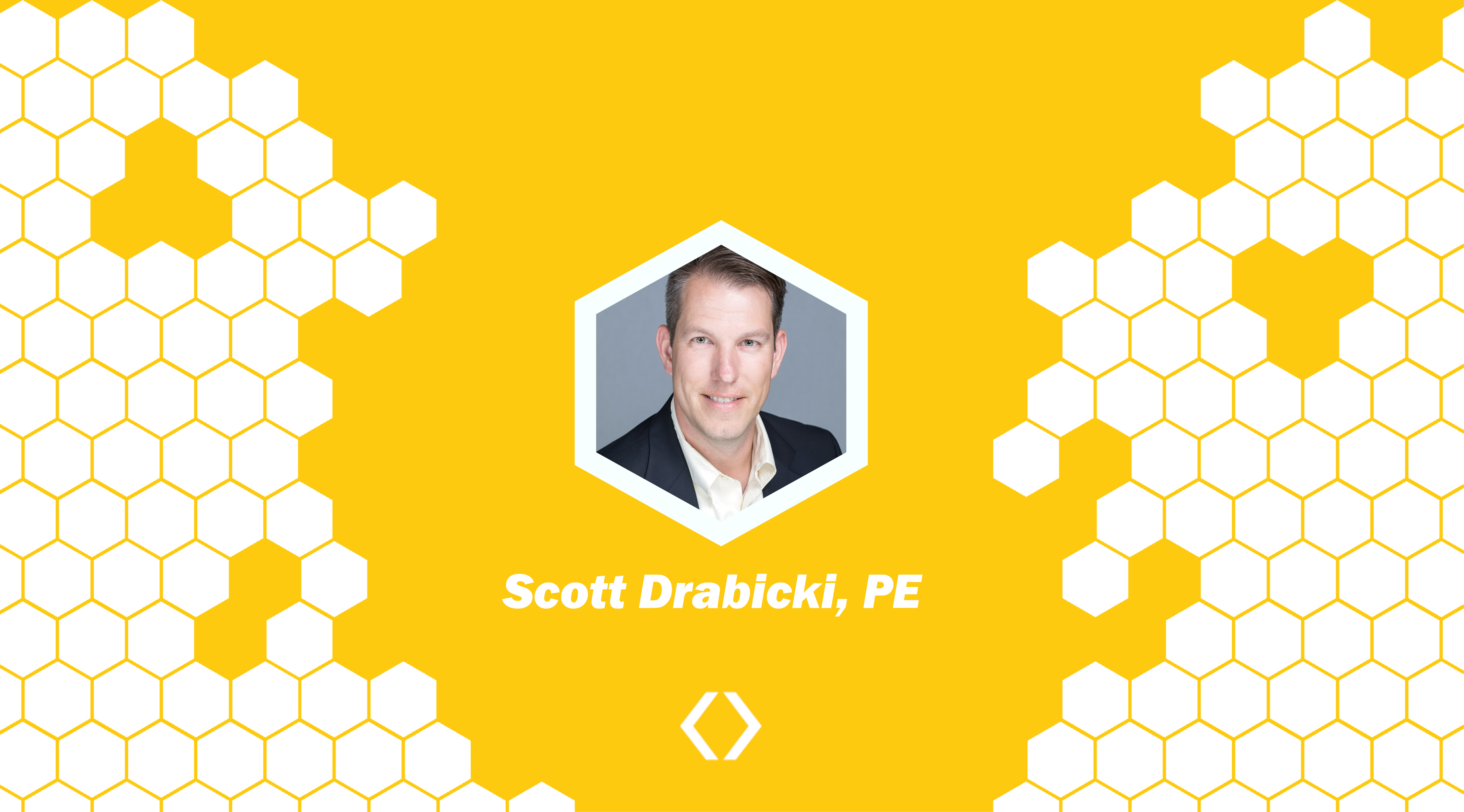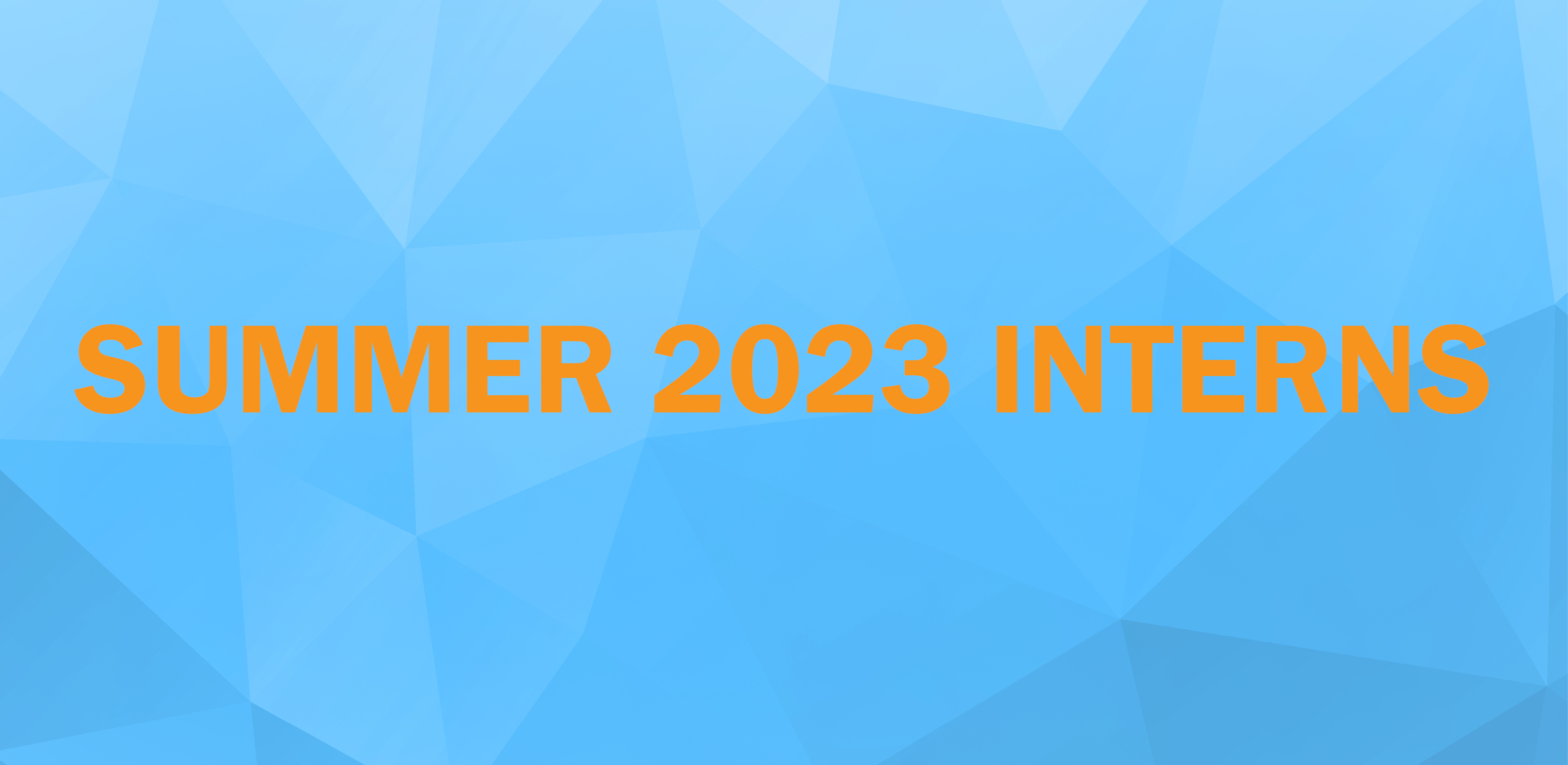In honor of International Women in Engineering Day on June 23, we reached out to some of Clark Dietz’s women engineers to learn about the evolving role women are playing in the engineering industry, some of the challenges women face, and even advice for those contemplating a career in engineering. Our interview subjects:

Mary Austin, PE, engineer and Clark Dietz Southern Indiana Area Manager. Mary has over 20 years of experience in drinking water, stormwater, wastewater treatment and distribution projects.

Maria Behrens, PE, a mechanical engineer experienced with a wide range of HVAC systems design.

Ana A. Niño Flores, PE, specializing in transportation engineering and construction inspection.

Diane Thoune, PE, senior level design engineer. Diane’s area of expertise includes treatment plant upgrades, drinking water booster stations, needs assessment/impact fee studies and water systems models.
Q: What made you decide to become an engineer?
Mary: I have always been one to question "how" and "why" ever since I could talk – it drove my parents crazy! I wanted to understand how everything worked. I remember when I was little wondering how thick concrete ramps in parking garages seemed suspended in midair, and grilling my mom with questions on how that was possible. Another time my mom had to drag me away from a plumber working on a clogged toilet as I badgered him with questions about where it went after we flushed, what caused the clog, and how was he fixing it. But ultimately it was influence from my high school math and science teachers that put me in the direction of engineering.
Maria: Math and art were my favorite subjects in school. Those interests lead me toward architecture and engineering. At first, I was thinking of double majoring in both, but then I discovered the architectural engineering degree, and the rest is history!
Ana: I always say civil engineering chose me, rather than the other way around. I grew up as an undocumented immigrant in this country, in a time when DACA did not exist, when people never talked about illegal immigration, and when public universities did not provide financial aid to students like myself. After high school graduation, community college was the only affordable option, until that summer I looked up Illinois Institute of Technology. As a private institution, they listed enrollment still open to undocumented students with private aid available. And I thought to myself, "Well, I do love math, so maybe I can do it." I applied, and was accepted into the College of Engineering and Civil Engineering. Since civil engineering is universal, if I ended up having to return to Mexico I could continue my studies and career.
Diane: I knew I wanted a career dealing with the environment so I could work to make a positive impact. I also wanted a career with long-term stability. Engineering was a good combination of those two goals.
Q: What are some unique challenges that women face in the engineering field? Have you seen the role of women in engineering change during your education/career?
Mary: Over the last 25 years it has changed drastically! Today I don't think women have any unique challenges in engineering, but when I started that was quite different. In college there was only a handful of women in each of the departments. I even had a professor who told me that I had to decide between motherhood and engineering because I couldn’t do both! Last year I visited my alma mater and was delighted to learn they are almost 50/50 split in its enrollment. When I first joined the workforce, it seemed that women had to work twice as hard to be taken seriously. Now it is not uncommon to go to a conference, seminar or meeting and find that there are nearly as many women as men.
Maria: The lack of women in leadership or senior technical engineering roles makes it difficult for women to know how to build a career in this industry. Throughout my career this has changed though. I have seen an increase in women being promoted to those levels which is a very positive sign for the future!
Ana: There are many challenges women face in the engineering field: discrimination, assumptions, discouragement, sexual harassments, limitations, glass ceilings, motherhood and more. While I have not experienced all the challenges affecting women, they definitely exist. The role of women in engineering has changed during my education and career. During college, all women and men start off as equal. Once you enter the workforce you start noticing the challenges a bit more, but being in the profession allows you to realize how women defy these challenges every day by leading with respect and confidence.
Diane: One of the challenges I've experienced most often is not being taken seriously as an engineer. People jump to the conclusion that I must be part of the accounting or marketing staff. I've had to prove that I have the knowledge and experience to help with their problems. Now that women in the profession are no longer the exception to the rule, this doesn’t happen as often.
Q: What advice would you give to girls and young women interested in pursuing a career in engineering?
Mary: I advise them to give it all they’ve got and not to let anyone make them feel they don't belong. One piece of advice I give female engineering students is that if they feel out of place in a company, then they are at the wrong company. While there are some firms that cling to the “good old boys club” model, there are many more that are welcoming to women. A good indication a firm welcomes talent regardless of gender is if it has women in management roles.
Maria: Join engineering professional societies or network with other women to find your support base. Hearing other women's stories and asking each other for advice goes a long way!
Ana: Embrace your curiosity. Allow yourself to fulfill that internal longing for creation. You are powerful, so gift yourself the opportunity to realize it. And it's okay to admit, "I do love math!”
Diane: I always tell them to go for it! They should find the field of engineering and the profession in it that most interests them. A young woman with intelligence and determination will always succeed in this field. Engineering offers a stable career with a lot of options and opportunities.
Q: Why is Clark Dietz a great place to work?
Mary: What makes Clark Dietz special is the company culture. We have the benefits, resources, and talent of a large engineering firm. However, because each of our individual branch offices are smaller, our company culture is more like that of a small firm, where everyone knows each other on both a personal and professional level. Our CEO and the entire executive committee regularly reach out to staff of all levels and make a point of being available. Most of all we work more directly in a team atmosphere and don't heavily emphasize a hierarchy, with everyone’s individual contributions welcome.
Maria: Clark Dietz recognizes the importance of women in engineering and shows action by having a lot of women in leadership roles. It is very inspiring for me as a junior engineer in the early stages of my career.
Ana: Clark Dietz is a great place to work because it has many women in leadership positions. Woman representation is important, and Clark Dietz sees value in that.
Diane: One of Clark Dietz's focuses is community within the firm, which leads to great teams. Going to work with people you like and trust makes for a positive work environment. The company benefits, including the chance at ownership, are very good. Flexibility in work schedules also makes this a great place to work.
We are grateful for our busy engineers taking the time to share their insights and advice. Thank you, Mary, Maria, Ana and Diane!





